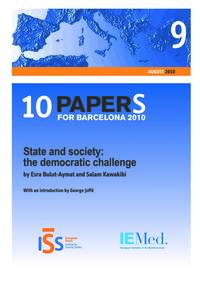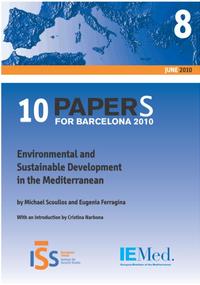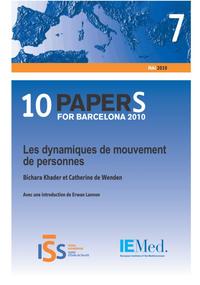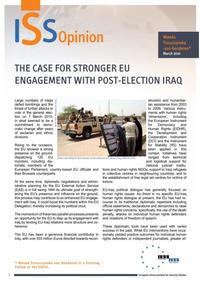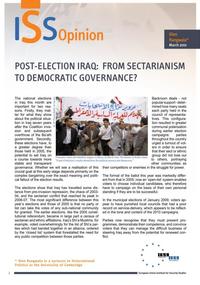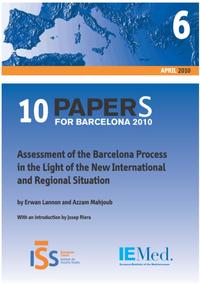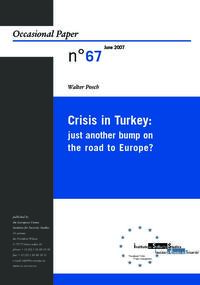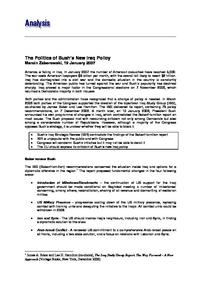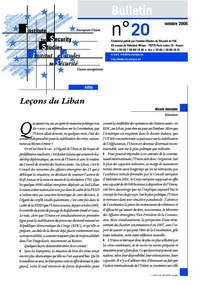The Middle East and North Africa (MENA) is a fragmented region: in spite of its relative cultural and historical homogeneity, it has some of the lowest levels of intra-regional trade, political cooperation and legal migration in the world. This is largely due to the fact that, since the end of the Second World War, it has experienced the full spectrum of political violence. Conventional, hybrid, and civil wars, revolutions, and terrorism have hindered political and economic development, and created fertile ground for further violence. Breaking this ‘conflict trap’ is imperative for the states of the region, as well as those actors who have a stake in it.
For the EU, the MENA is of strategic importance for three reasons: it is an immediate geographic neighbour, a crucial passage for goods traveling to and from Europe (including oil), and it is notoriously unstable. The region’s security and economic situation is consequently closely intertwined with that of Europe. This explains the Union’s desire to contribute to regional stability through different means such as the European Neighbourhood Policy (ENP), the Barcelona Process and the Union for the Mediterranean. The EUISS seeks to contribute to the EU’s overall effort in the MENA by providing in-depth analyses on a number of key issues affecting the region.
